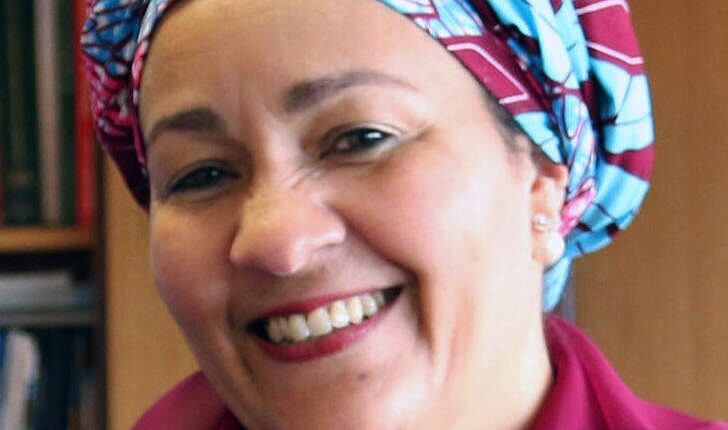Mohammed, UN’s Deputy Secretary, Under Fire Over Benue, Kaduna Plateau Killings
A prominent civil society organization, the Nigeria Voters Watch and Diplomacy (NVW), has leveled accusations against the United Nations’ Deputy Secretary, Ambassador Amina Mohammed. The group accuses the UN official of misrepresenting the severity of the violence occurring in Plateau, Southern Kaduna, and Benue.
The NVW alleges Mohammed, along with others, is downplaying the real circumstances of the ongoing strife in these regions.
The NVW’s Chairman, Comrade Emmanuel Isaac Osagie, expressed frustration over the Nigerian government’s inability to effectively address what they identify as criminal genocide against the people of Benue, Plateau, and Southern Kaduna. The group has called on the United Nations to launch an independent investigation into the alleged acts of genocide in these areas.
In a recent statement, the civil society group criticized the United Nations and other global platforms for perpetuating what they believe to be half-truths and unfounded narratives. They pointedly accuse Ambassador Amina Mohammed and her affiliates of promoting these narratives.
According to the NVW, Mohammed has routinely dismissed the genocide as merely a farmer-herder crisis. They believe that she inaccurately portrays the indigenous people of these areas as being hostile to climate change and intolerant of Fulani herdsmen. The group insists that this is a gross misrepresentation of the situation.
The NVW has respectfully urged the United Nations and its General Secretary to conduct an independent investigation into the crisis in Benue, Plateau, and Southern Kaduna.
Furthermore, the group has accused the Nigerian Federal government of allowing the state’s security to become politicized and skewed towards serving sectional interests, which they believe promotes ethnic and religious hegemony, bigotry, and supremacy.
The NVW has strongly rejected the notion that the conflict in these areas is a result of global climate change. They argue that the local population is very much aware of climate issues, including changing weather patterns and receding water levels, and are seeking solutions to these problems. They consider it absurd to label these indigenous people as being against climate change.


